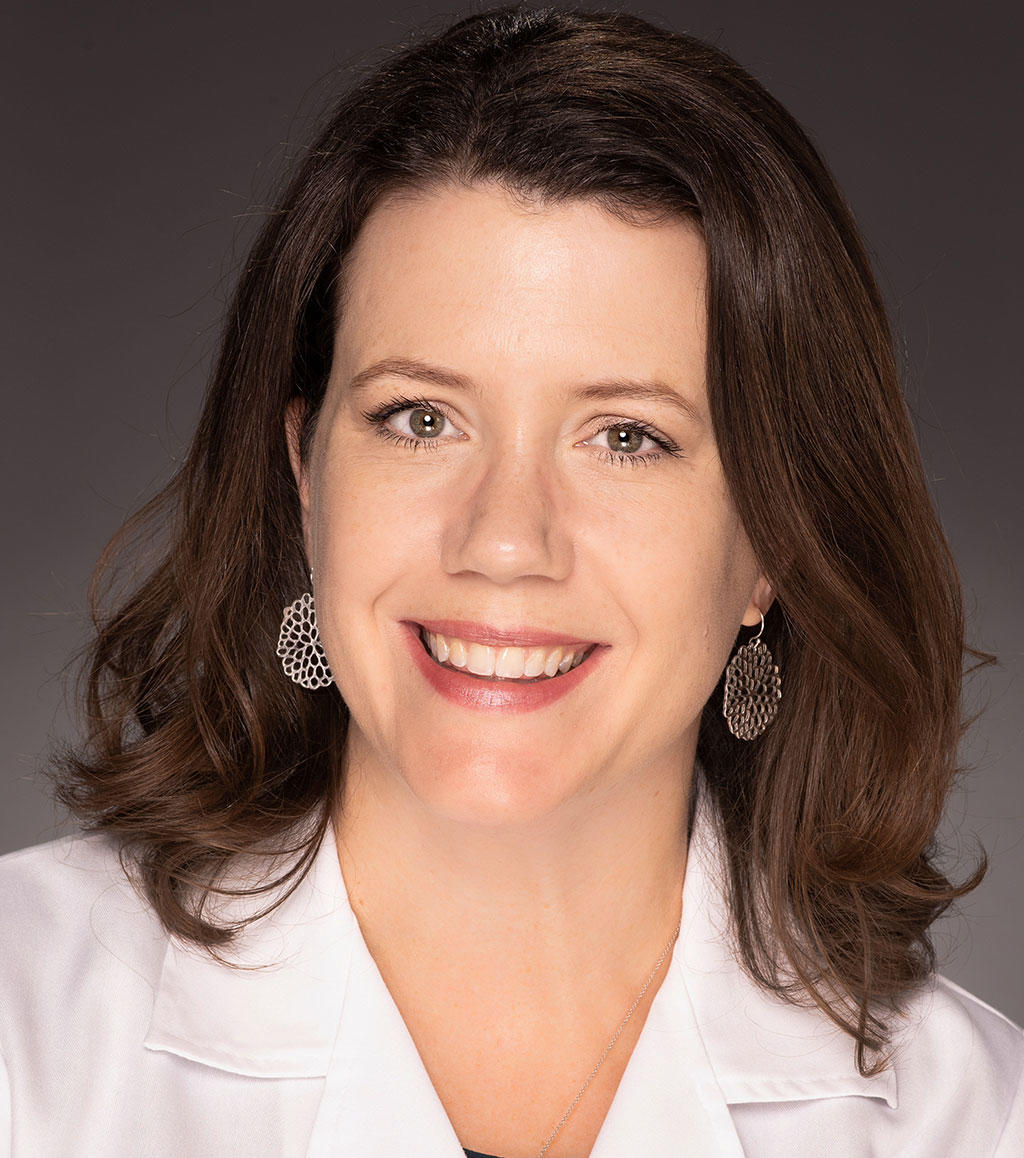Fetal Echocardiography
One in every 100 babies is born with congenital heart disease, making it the number one disorder in newborns. Cook Children's fetal echocardiography (fetal ECHO) program specializes in the diagnosis and treatment planning of congenital heart conditions during pregnancy through ultrasound technology.
This amazing technology allows doctors to see a baby's heart while it's still in the womb. And once your baby is born, our Heart team is here to care for your child from birth to adulthood.
The fetal echo team works with a fetal nurse coordinator to arrange the fetal echocardiogram, diagnosis and counseling during your initial visit. Birth plans are formulated and combine ongoing care with the perinatology, neonatology and cardiovascular surgery. Our team approach is designed to involve parents every step of the way, helping you understand the diagnosis, ask questions and make informed decisions.
What is a fetal ECHO?
A fetal ECHO is a safe, noninvasive test. Long before your baby is born, the doctor can see how the heart is developing and if there are serious issues, work with you to create a treatment plan that is best for both you and your baby. If critical medical care is required, a fetal ECHO can help you plan ahead so that your baby can be transported from the delivery room to the Cook Children's NICU immediately.
After a diagnosis, the cardiology team at the Cook Children's Heart Center will work closely with you, your obstetrician and your pediatrician to plan your delivery and your baby's care.

When is a fetal echo needed?
Not all fetuses require a fetal echocardiography but those with a high risk of certain cardiovascular conditions have a need for this test, including:
- A sibling or other family member had a heart defect or heart disease
- A routine pregnancy ultrasound detected an abnormal heart rhythm or possible heart problem in the unborn baby
- The mother has diabetes, lupus or phenylketonuria
- The mother has rubella during pregnancy
- The mother used street drugs or alcohol during pregnancy
- The mother has used high-risk medications that can damage the baby's developing heart
- An amniocentesis revealed a chromosome disorder
What happens during a fetal echo?
During your evaluation you will receive an ultrasound by the technician and a consultation with the pediatric cardiologist.
A fetal echocardiogram is similar to the ultrasound performed by your obstetrician. The difference is, this is a targeted examination of the baby's heart providing a more detailed image of the cardiac anatomy and a higher level of evaluation. The study normally takes about 2 hours to complete.
If your fetal echo reveals a heart defect in your unborn child, you will receive additional services, including:
- Coordination of your care with you and your baby's medical team
- Educational information so you can understand your child's condition and treatment options
- Planning information to help you be as prepared as possible and know what to expect when your baby born
- Consultations with the pediatric cardiology team who will be caring for your child which, depending on your child's diagnosis, may include the cardiologist, surgeon, anesthesiologist, nurse practitioner and other support staff who will be on hand for your child's medical needs
- A tour of our Neonatal Intensive Care Unit (NICU) and cardiac critical care unit your baby may visit during their hospital stay.
- Access to our family services programs, including Child Life specialists and social services to help you with emotional, family and financial support issues
- Introduction to Mended Little Hearts, our support group for families of kids with congenital heart disease
If your baby's condition will require surgery, a follow-up consultation is arranged for the parents to discuss the upcoming surgery with the cardiothoracic surgery team. This team approach allows families to meet the surgeon who will care for their infant and ask additional questions.
Leading the way in earlier diagnosis
The Fetal Echocardiography team, led by Lisa Roten, M.D., is comprised of six board-certified pediatric cardiologists, two registered fetal echo sonographers and a fetal nurse coordinator.
The program is proud of its continued accreditation status with the Intersocietal Accreditation Commission. This accomplishment demonstrates Cook Children's commitment to provide expert care and ease of access for all patients and their families in our community.
Are congenital defects hereditary?
Congenital heart defects can be hereditary. If the expectant mother or father has a confirmed or suspected congenital heart defect, we are able to refer them to our Adult Congenital Heart Disease program to be treated as well.
Fetal echo condition sheet
Condition sheet developed by our specialists to assist with providing referral information.
Appointments and referrals
With more than 10 locations, including Abilene, Denton, Midland, San Angelo and Waco, help is close by. If you would like to schedule an appointment, refer a patient or speak to our staff, please call our offices at 682-885-2140.







